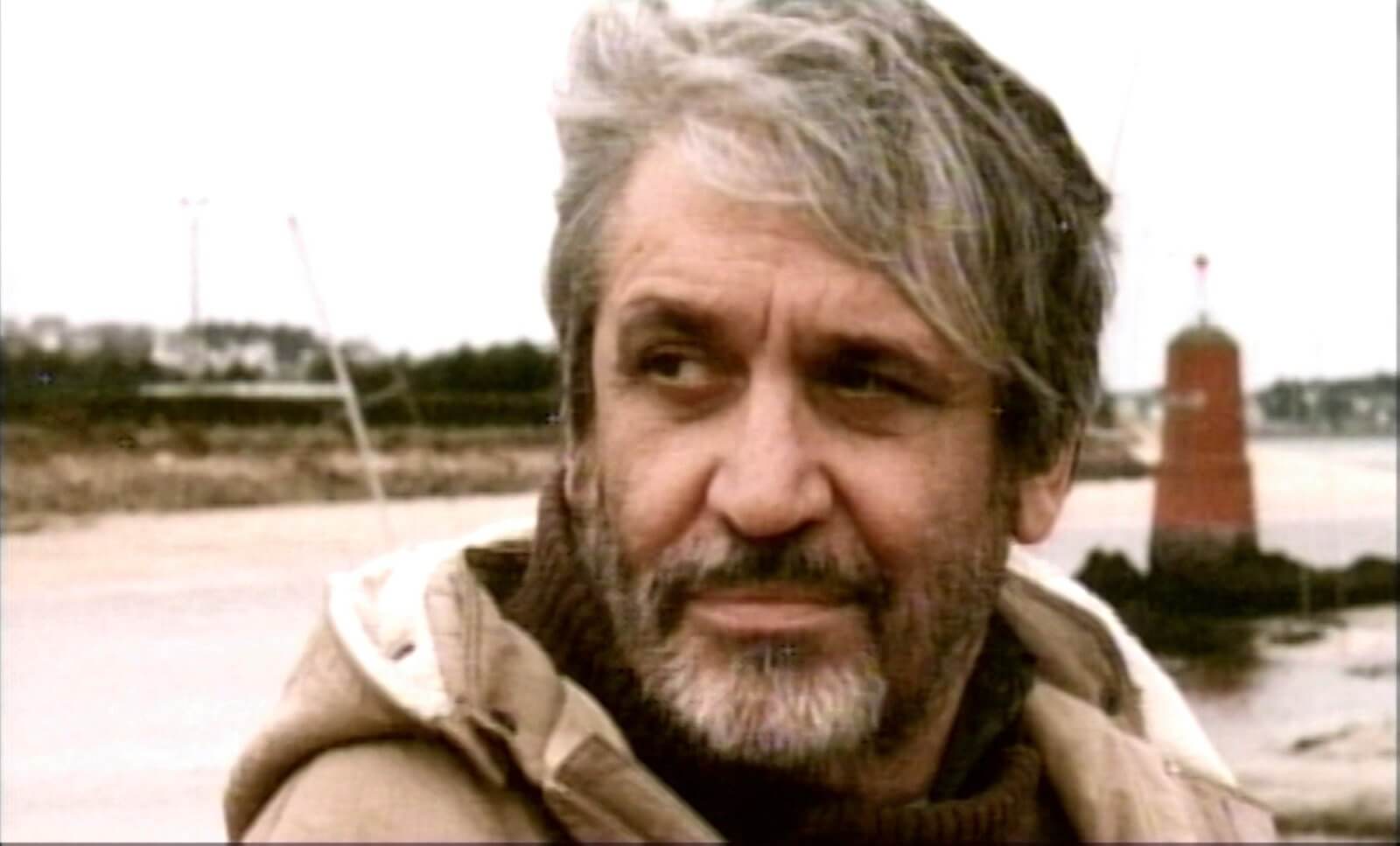
A retrospective called Love Exists: The Films of Maurice Pialat opens tomorrow at Toronto’s TIFF Cinematheque and runs until December 5. A second retrospetive on Pialat is also screening at New York’s Museum of the Moving Image. Here Anne Brodie looks at the work of the late French filmmaker who divided audiences and critics alike.
Maurice Pialat was a polarizing figure, who was famously booed at Cannes. His films are hard to pigeonhole and his personality was allegedly “prickly”.
That prickliness comes vividly to life in his work, which is cinematic and masterful and sometimes off-putting and reveals much about the man.
Pialat’s view of women does not fit well with contemporary audiences, and his religious subject matter struck raw nerves at home in France. Even so there are moments of grace and beauty.
Pialat made just ten feature films, some shorts and a TV miniseries over 35 years and won a Palme d’Or, César and Prix Jean Vigo and other prestigious prizes. He was highly regarded by Godard, Chabrol, and Truffaut but he’s a largely unknown in North America.

TIFF Cinematheque hopes to redress the balance by staging a comprehensive retrospective of his work.
Only a couple of his films were ever shown here and most aren’t available on DVD so the programme’s a welcome opportunity.
Audiences are in for a treat, as his formal, spacious and provocative films – which aren’t in any way “friendly” – are most assuredly beautifully made.
Pialat and his character’s view of the world is brutish, raw and dark, in contrast with the brilliant palettes he uses.
He shocks and surprises, as when family members brawl in To Our Loves/A Nos Amour and the teenager (Sandrine Bonnaire) is repeatedly beaten by her brother, as her mother looks on, no punches pulled.
Pialat himself stars as her grimly selfish father, an unpleasant and manipulative man who is, except in rare moments, impenetrable.
In fact, many of Pialat’s films are considered autobiographical and the male characters extensions of himself. He regularly played supporting characters.

The films have an acidic tone but they also have moments of tremendous compassion. His regard for the struggles of teenagers is heartwarming.
His men can’t commit or speak authentically but they can’t let go as in We Won’t Grow Old Together. The lead (presumably as Pialat) is an infant who demands what he wants and knocks his long suffering mistress around. And he loves her.
Pialat may have identified with another larger than life alpha male. Gérard Depardieu stars in four of his films – Loulou, Police, Sous le soleil de Satan (Under the Sun of Satan), for which Pialat won the 1987 Palme d’Or and Le garçu.
Pialat’s habit of shooting wide shots in long takes is sorely missed today. They enhance the action by heightening our observations and allow us to take in extra information in a highly cinematic way.
As mentioned, Pialat, who died in 2003, is famous for being booed at Cannes (by French critics) in 1987 when he went onstage to pick up his Palme D’or for Under the Sun of Satan.
His response was: “I won’t be untrue to my reputation. I am, above all, happy this evening for all the shouts and whistles you’ve directed at me; and, if you don’t like me, I can tell you that I don’t like you either.”
Pialat’s complete features will be shown as part of the Cinematheque retrospective – Naked Childhood, We Won’t Grow Old Together, The Mouth Agape, Graduate First, Loulou, To Our Loves, Police, Under the Sun of Satan, Van Gogh and Le garçu.
Pialat’s TV miniseries The House in the Woods will screen with eight shorts and the public is also invited to attend a free screening of Pialat’s travel documentaries.
His wife Sylvie Pialat will introduce his films and the renowned films she has produced, including Timbuktu as part of Sylvie Pialat: From the Gut.
Pialat is also attending the Museum of the Moving Image Pialat retrospective in New York, which runs until Nov 1.